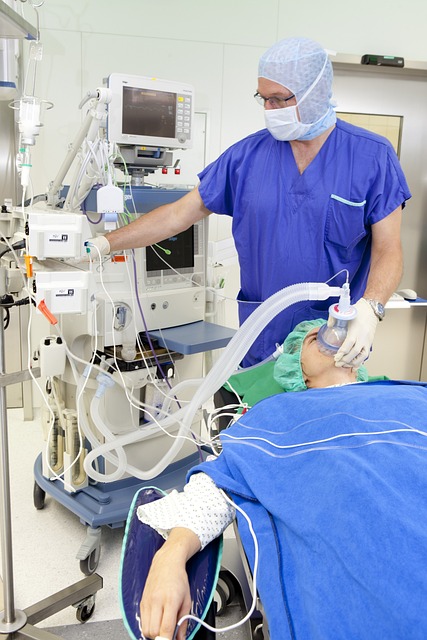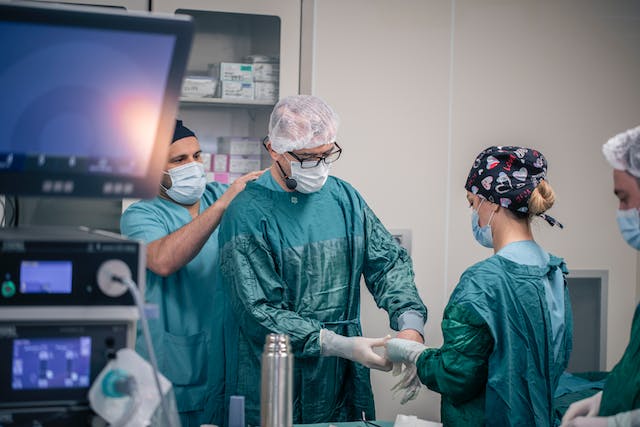Geriatric Medicine Careers in 2024
Geriatric medicine is a specialized branch of medicine focused on the care of older adults, typically those aged 65 and above. It encompasses the diagnosis, treatment, and prevention of diseases and conditions that commonly affect the elderly population. Geriatric medicine considers the unique healthcare needs of older adults, including age-related changes in physiology, multiple chronic conditions, medication management, cognitive impairments, and social issues.
Several careers related to geriatric medicine:
Geriatrician: A medical doctor specializing in the care of older adults. Geriatricians undergo additional training beyond medical school and residency to become experts in managing the complex health needs of elderly patients.
Geriatric Nurse Practitioner (GNP): Nurse practitioners specializing in geriatrics provide primary care services to older adults, including health assessments, diagnosis, treatment, and coordination of care. They often work collaboratively with physicians and other healthcare professionals.
Geriatric Nurse: Registered nurses (RNs) who specialize in caring for older adults. They may work in various settings, such as hospitals, nursing homes, assisted living facilities, or home healthcare agencies, providing direct patient care, medication management, and support for older adults and their families.
Geriatric Pharmacist: Pharmacists specializing in geriatrics focus on medication management for older adults, including optimizing drug therapy, minimizing adverse effects, and addressing medication-related issues such as polypharmacy and drug interactions.
Geriatric Psychiatrist: Psychiatrists specializing in geriatrics focus on the diagnosis and treatment of mental health disorders in older adults, such as depression, anxiety, dementia, and late-life psychosis.
Geriatric Physical Therapist: Physical therapists specializing in geriatrics help older adults maintain mobility, independence, and quality of life by designing exercise programs, providing rehabilitation services, and addressing age-related issues such as balance problems and fall prevention.
Geriatric Occupational Therapist: Occupational therapists specializing in geriatrics help older adults maintain independence and participate in daily activities by assessing their functional abilities, providing adaptive equipment, and implementing strategies to overcome physical and cognitive limitations.
Why is a Career in Geriatric Medicine Ideal?
Overall, a career in geriatric medicine can be ideal for individuals who are passionate about caring for older adults, enjoy working in a dynamic and challenging healthcare environment, and value the opportunity to make a meaningful difference in the lives of their patients.
Growing Demand: The 2020 Census showed that 1 in 6 people in the US were 65 and older. With aging populations worldwide, there’s a rising need for healthcare professionals specializing in geriatric medicine to address unique health needs.
Impactful Work: Geriatric healthcare professionals can significantly improve the quality of life for older adults by managing chronic conditions and addressing complex healthcare needs.

Diverse Patient Population: Older adults present a wide range of medical conditions, providing opportunities for continuous learning and professional growth.
Long-Term Relationships: Professionals often develop lasting relationships with patients and families, enhancing communication and understanding of needs.
Interdisciplinary Collaboration: Geriatric medicine involves teamwork with various healthcare professionals, fostering innovation in patient care.
Professional Fulfillment: Helping older adults age with dignity and independence can be deeply rewarding.
Job Stability: High demand ensures stable job prospects for geriatric healthcare professionals in various settings.
Geriatric Medicine Jobs Available Now
At Momentum Healthcare Staffing, we understand the importance of finding the perfect job in geriatric medicine that aligns with your skills, experience, and career goals. Our dedicated team of recruiters specializes in matching healthcare professionals with rewarding opportunities in geriatric care settings, including hospitals, long-term care facilities, home healthcare agencies, and community health centers. With our extensive network of healthcare organizations and personalized approach to recruitment, we can help you navigate the job market and secure a fulfilling position where you can make a meaningful difference in the lives of older adults. Contact us today to take the next step in your career in geriatric medicine.
Sources:
Nursinglicensemap.com
Census.gov
Generation.org
openai.com
























Recent Comments